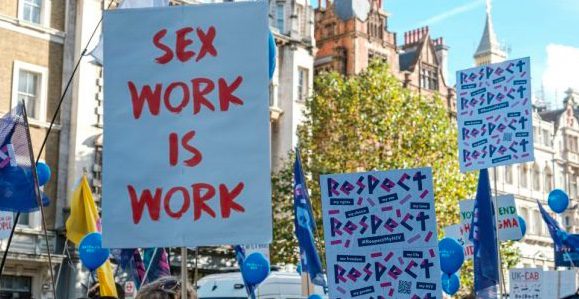
Recent South African court case could mean the decriminalization of sex work
At the beginning of September, South Africa’s Western Cape High Court will hear a landmark case that could finally put an end to the criminalization of sex work in the country. The case, decades in the making, carries profound implications for the safety, dignity, and equality of sex workers and has drawn global attention.
Human Rights Watch and Amnesty International have entered the case as amicus curiae—friends of the court—underscoring the international significance of the ruling. Both organizations argue that evidence in South Africa and worldwide is clear:
Criminalizing sex work doesn’t make people safer, and it doesn’t stop human trafficking. What it does is force sex workers into unsafe, hidden environments, where violence and abuse happen with impunity, often at the hands of those meant to protect them.
Breaking the sex work-trafficking conflation
A central argument in the case is the persistent conflation of sex work with trafficking for sexual exploitation. Advocates stress that while both issues deserve attention, they are not the same. Treating them as interchangeable has led to laws and policies that fail to protect either sex workers or trafficking survivors.
A report by Human Rights Watch details research in South Africa that highlights the benefits of decriminalization. Allowing sex workers to operate legally would help trafficking survivors to seek help without fear of arrest, enable sex workers to collaborate for safety, and enhance cooperation with authorities in tackling trafficking. It would also improve access to essential health services—including HIV prevention and treatment—while lowering violence, exploitation, and discrimination.
Opponents of reform argue that criminalization remains a necessary tool against trafficking. However, decades of global evidence suggest otherwise. As Human Rights Watch reports:
Punitive laws drive sex work underground, making trafficking harder to detect and prosecute. Decriminalization, paired with strong anti-trafficking measures, is the proven route to protecting everyone’s rights.
